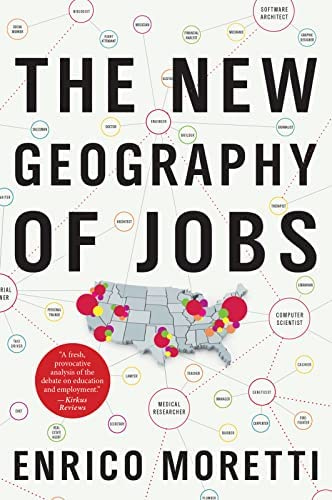Tuesday's Assorted Links
4 Day Work Weeks, Personal Finance, Power Dynamics, Job Interviews, Common Currencies
Hi y’all! Here are five stories from this week that contained a lot of neat applications of economic principles:
According to a new study, a four-day work week improves job satisfaction and doesn’t come at the cost of productivity [MarketWatch]
Using artificial intelligence in your personal finance classroom [Next Gen Personal Finance]
The Great Rebalancing: the year when employer-employee power dynamics begin to normalize [The Wall Street Journal]
Job interviews are a nightmare — and only getting worse [Vox]
Brazil and Argentina to start preparations for a common currency [Financial Times]
The U.S. government has already spent $1.45 trillion this fiscal year and is on pace to hit its debt limit around June unless Congress agrees to raise the limit. The U.S. has run budget deficits – it spends more than it brings in through taxes and other revenue – for the past two decades, which means that it must borrow each year to pay its bills.
Get caught up on Monday’s newsletter:
This week’s links were a little heavy on labor economics topics, so it seems like a good opportunity to remind you of my favorite book on the subject. Enrico Moretti’s The New Geography of Jobs was one that I assigned in my labor economics course almost immediately after it came out. It covers a lot of fascinating topics including automation, education, immigration, and globalization, and does so under the context that American cities are diverging from one another on how these topics affect the local population.
The book was written almost a decade ago, but it still includes an incredible amount of relevant material to today. It’s fun to look back at the projections from a decade ago and see where things have headed.






